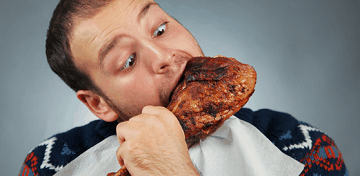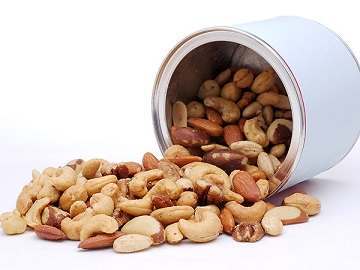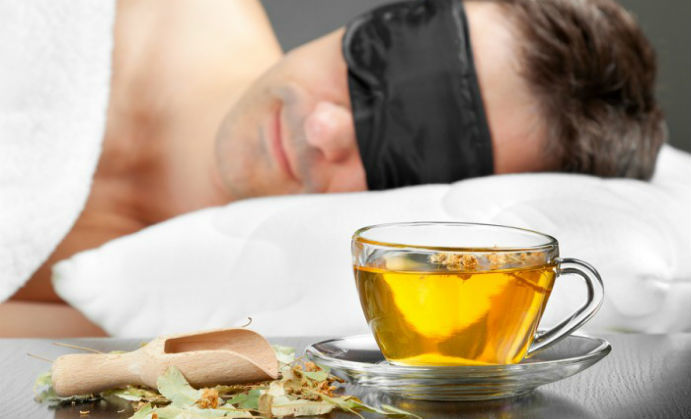To sleep, or not to sleep? It might seem like a straightforward question. But sleep is a complex behavior, and sleeplessness can be brought about in many ways. Sometimes you might be able to fall asleep easily, but you can’t stay asleep. Or your sleep is shallow, and you awaken so often during the night that it feels as if you don’t sleep at all. Another concern is whether your body has the vitamins and minerals needed to support sleep. For example, as people age they tend to have more difficulties absorbing nutrients.
 Other habits that can impact your sleep are lifestyle choices such as smoking, using birth control pills, and living with stress. These deplete your nutrient levels and thus push you even closer to the no-sleep zone. Even adding supplements doesn’t always work. For example, when some people add B vitamins, which are commonly used to support sleep, they become stimulated and so have trouble going to sleep.
Other habits that can impact your sleep are lifestyle choices such as smoking, using birth control pills, and living with stress. These deplete your nutrient levels and thus push you even closer to the no-sleep zone. Even adding supplements doesn’t always work. For example, when some people add B vitamins, which are commonly used to support sleep, they become stimulated and so have trouble going to sleep.
So unraveling the reasons for your lack of sleep can be complicated. But changing your diet, or possibly adding supplements, offers hope to even the most sleep-deprived among us. Be aware that you’ll need a few weeks of your new routine before you can accurately assess the results.
Vitamins
B vitamins can make a big difference. One reason is they regulate tryptophan, an amino acid that helps with depression and awakening in the night. Vitamins in the B group also ease worry and stress. If you have trouble falling asleep, you might consider increasing your vitamin B-12. When adding more B’s with food, consider nutritional yeast, perhaps sprinkling it on salads or adding it to cereals, and molasses is a good source. Eating more fish and turkey, and liver or liver oil, can help as well. If you chose a supplement, you’re advised to take a B complex a couple hours before you want to sleep.
Tryptophan
 An amino acid, tryptophan is one of the reasons you’re sleepy at Thanksgiving. Turkey, chicken and eggs, fish, leafy greens, beans, and milk and cheese are good sources. Tryptophan helps you produce serotonin, which is good because serotonin helps you slow down and ready yourself for asleep.
An amino acid, tryptophan is one of the reasons you’re sleepy at Thanksgiving. Turkey, chicken and eggs, fish, leafy greens, beans, and milk and cheese are good sources. Tryptophan helps you produce serotonin, which is good because serotonin helps you slow down and ready yourself for asleep.
Minerals
Calcium is another good bet for improved sleep. Even slightly low levels can cause problems, plus stress quickly depletes your reserves. You probably know that dairy products provide calcium, but have you tried seaweed, maybe kelp or nori? Nuts are a good source, and seeds, beans, oranges, and broccoli are beneficial, too. Soy milk that’s been fortified is good as well. If you’re adventurous, try grinding up eggshells and adding them to food. You’ll get a boost with little effort or expense.
 If shallow sleep is the problem, you may be low in magnesium. Wheat bran, nuts, molasses, and kelp could help. Be aware that magnesium and vitamin D work together to aid in calcium absorption.
If shallow sleep is the problem, you may be low in magnesium. Wheat bran, nuts, molasses, and kelp could help. Be aware that magnesium and vitamin D work together to aid in calcium absorption.
Other minerals to consider are iron and copper. Too little may contribute to a sleep problem, but they work together with other minerals, and so too much of either can lead to serious problems. Be cautious if you’re considering supplementation.
Melatonin
Another change that could help is an increase in melatonin. It’s a hormone the body makes to ready us for sleep when it’s dark outside. It’s available as a supplement without prescription, and in fact is often found in sleep aids. Melatonin is generally considered safe and doesn’t seem to have side effects. But, as with all supplements, you are advised to use as little as possible, and for as short a period as possible.
Do you want to find an effective Insomnia treatment? Check out our top rated Insomnia products











